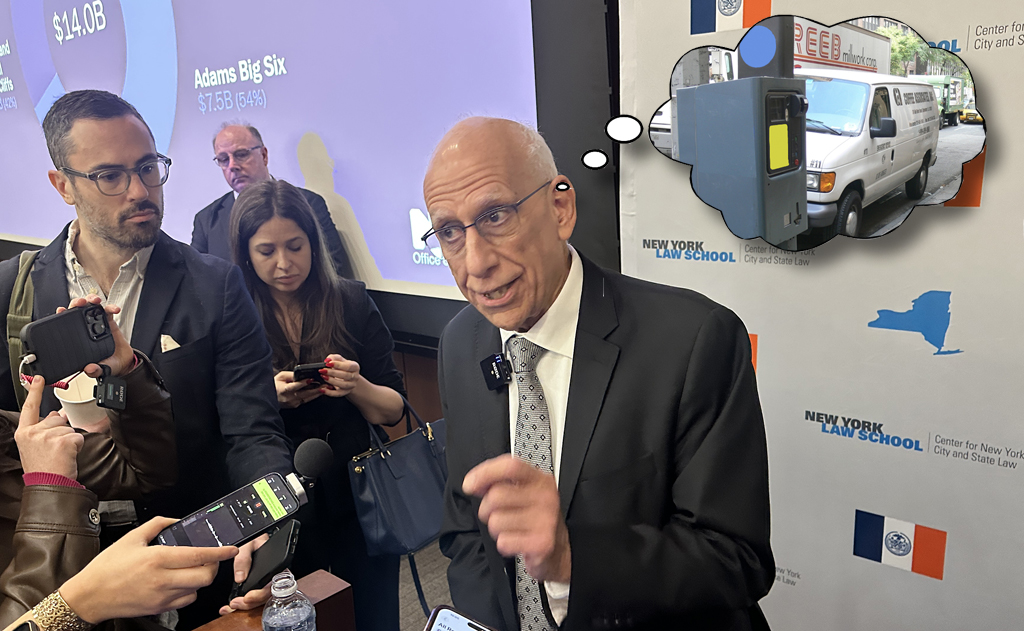
Despite fierce and prevalent Amtrak hating, and although I have yet to hear any presidential candidate discuss it, nationally syndicated columnist Neal Peirce suggests that "the stars are finally coming into alignment" for improvements of America's passenger rail system. He writes:
America's train advocates are mildly optimistic. And for some good reasons. Amtrak is reporting impressive ridership gains. Oil is pushing $100 a barrel, throwing a long shadow over affordability of travel on already congested highways. Airport delays hit an all-time high last summer. Global climate concerns are mounting.
Rail freight demands, meanwhile, are rising fast, suggesting joint improvements with passenger rail. Worries are rising about mobility gaps hindering the ability of America's "megaregions" -- the Northeast, Great Lakes, California and others - to match the performance of competitive regions worldwide.
Also positive for Amtrak: signs of a much friendlier reception in Congress. Add to that an array of states anxious to expand rail service, especially if they can get a federal "match" comparable to the 80 percent-20 percent federal-to-state match for highways.
For years, polls have shown Americans strongly in favor of Amtrak subsidies that would build a viable national rail system. But only slowly have legislators -- federal and state -- shown an openness to system expansion. And the Bush administration has been hostile; it's even tried to zero-fund Amtrak.
So here's the irony: Amtrak is able to report it carried 25.8 million passengers in the last fiscal year -- up 1.5 million from the year before. Ticket revenue rose 11 percent. Trains on the Northeast Corridor and other popular corridors are increasingly sold out.
And no one knows, notes Rick Harnish of the Midwest High Speed Rail Association, how expansive demand for Amtrak service would be if many more routes were opened, offering at least three or four trains daily for reasonable frequency. His bet is that millions of Americans would opt for the more convenient system, especially as oil soars in cost: "For 50 years we assumed we could do everything by car. It's now painfully clear that's not true."
Photo: stillsearching/Flickr





